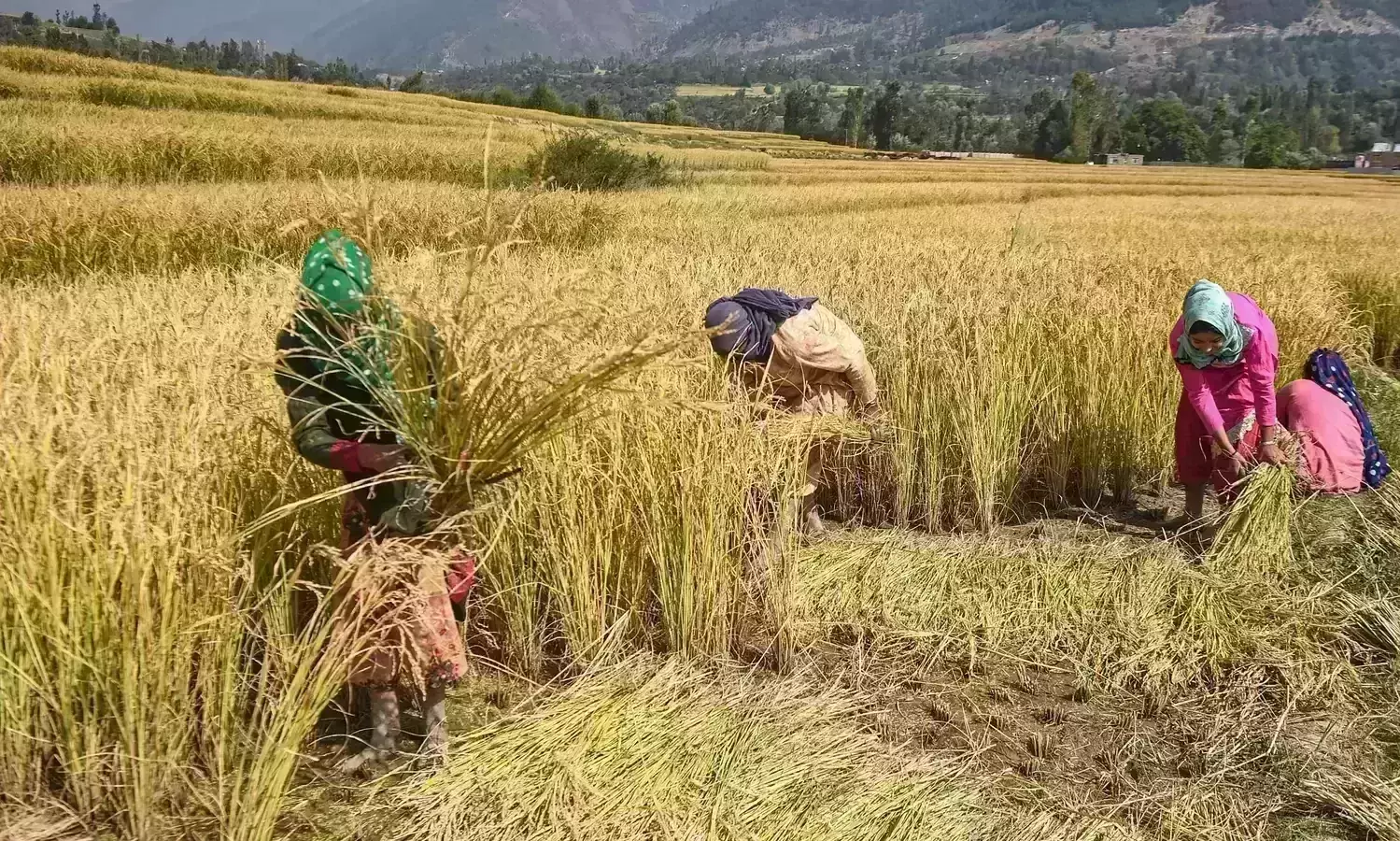
Repealing farm laws was a setback for farmers: Niti Aayog member
text_fieldsNew Delhi: Niti Aayog member Ramesh Chand said on Sunday that agriculture reforms are essential, and the repeal of the three farm laws was a setback for 'higher price realisation' (average selling price per unit of a product) by cultivators. The repeal would also act against the government's goal of doubling farmers' income in 2022, PTI reported.
Ramesh Chand, who monitors farm policies in Niti Aayog, suggested initiating fresh consultations with states to resume the agricultural reform process. He said that some farmers have already approached the government think tank demanding the same.
In an interview with PTI, Chand was answering when asked whether India's farm economy reforms will respawn as BJP has won in the four states of Uttar Pradesh, Uttarakhand, Goa and Manipur in the recent assembly elections.
Further, he said that inflation had always been a matter of concern for the government. It is happening because of "genuine" shortages, and to counter the phenomena, the government is trying to increase the import of pulses and edible oil seeds. In the case of price hikes in vegetables, there are seasonal factors involved, and the government has no plans to import them.
Chand pointed out that there are global factors that are acting on rising prices in the domestic market.
Since the price of diesel is increasing, the cost of transport will increase, ultimately upping the production cost of commodities. The government is trying to absorb the effect of global factors. He cited an example of the government absorbing most of the increase in prices in some fertilisers.
Retail inflation reached an eight-month high, 6.07 per cent, in February. It has been staying above the RBI (Reserve Bank of India) comfort level for two months in a row. RBI has raised the retail inflation projection for the current financial year to 5.7 from the earlier forecast of 4.5 per cent. In the meantime, the wholesale price-based inflation surged to 13.11 per cent after the rising crude oil and non-food item prices.






















